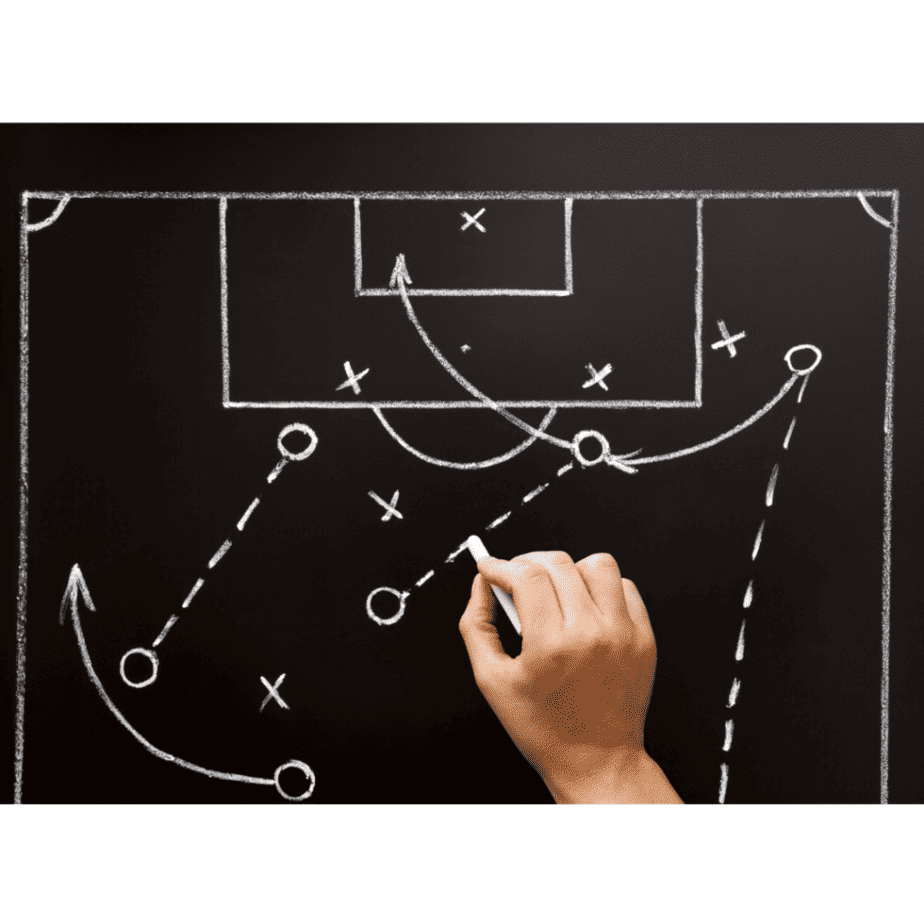While maintaining a “can do” attitude can be beneficial, it is essential to be cautious about taking it to the extreme, particularly in the realm of sports. Throughout my life, I have played in a variety of sports, including, soccer, tennis, snowboarding, basketball, cross-country, track & field, softball, volleyball – I think you get the point! Each of these sports has provided me with valuable life lessons that I have experienced and learned from. Physical activity and sports continue to be among my greatest passions. As an athlete, I always strived to make choices that would benefit my body and sought out the “next best thing” to outperform my competitors. However, during my high school years, I was unaware of the potential long-term consequences that could arise from “self-prescribing” dietary supplements I believed to be beneficial or following nutrition advice from influencers and coaches found on sources like Instagram or BuzzFeed. At that time, I possessed a “can do” attitude and believed I could overcome any challenge and be the best performer, sometimes blindly trusting information that ended up hindering my overall performance rather than improving it. This and many other experiences led me to develop a desire to become a Registered Dietitian and gain a deeper understanding of how athletes, like my younger self, can effectively utilize nutrition with physical activity to enhance performance and build self-confidence both on and off the field.
It is important to acknowledge that my adolescent experience with a lack of nutrition knowledge, societal pressure, and misplaced trust in uninformed superiors is not unique. Many individuals have faced similar situations that can lead to even more harmful behaviors and have long-lasting and damaging consequences. Prevalence of eating disorders estimates are 2-3 times higher in athletes vs. non-athletes, while rates are increasing for male athletes. Furthermore, the rates of eating disorders vary across different sports, with aesthetic sports such as gymnastics, cheerleading, dance, volleyball, swimming, rowing, and cross-country having reported rates as high as 42% among athletes. These statistics reported in the British Journal of Sports Medicine in 2016, highlight the urgent need for awareness, education, and support to address and prevent such detrimental outcomes in the athletic community.

We are reminded every day by society to not trust the cues our bodies give us and to not accept our bodies unless we look a certain way. When it comes to body image, as a coach, a parent, a teammate, it’s important to approach the topic with sensitivity and promote a healthy perspective. Remember, as a coach, a parent, or teammate, your role is to support and guide athletes not only in their physical training, but also in their overall well-being. By fostering a positive body image and promoting a healthy mindset, you can help athletes develop a strong sense of self and confidence, both on and off the field. Here are some considerations to boost individual and team morale:
Dietitians want to help you find the joy in moving your body and being physically active while supporting it through proper nourishment and self-care! Before exploring the “next best thing”, it is essential to prioritize important factors such as maintaining good hydration, ensuring sufficient energy intake, maintaining consistent sleep schedule, allowing for adequate recovery time, and being mindful of one’s mental health, stress levels, and emotional well-being.
At Unbound Recovery, we have immediate openings for outpatient nutrition counseling services and mental health services. We specialize in working with adolescents and adults with eating disorders, disordered eating patterns, body image concerns, chronic dieting, self-esteem concerns, and more. Call us today at 785-510-3008 or email us at info@unboundmhk.com to get started. Currently, we are accepting new clients at both our Manhattan, KS and Topeka, KS Locations!
References:
About the Author:
Alissa Mick, MS, RDN, LD
Alissa is a Registered Dietitian Nutritionist (RDN) at Unbound Recovery in Manhattan, KS. She is a proud K-State alum and enjoys being a part of the Manhattan community. She is pursuing a specialization in Eating Disorders and Sports Dietetics.
